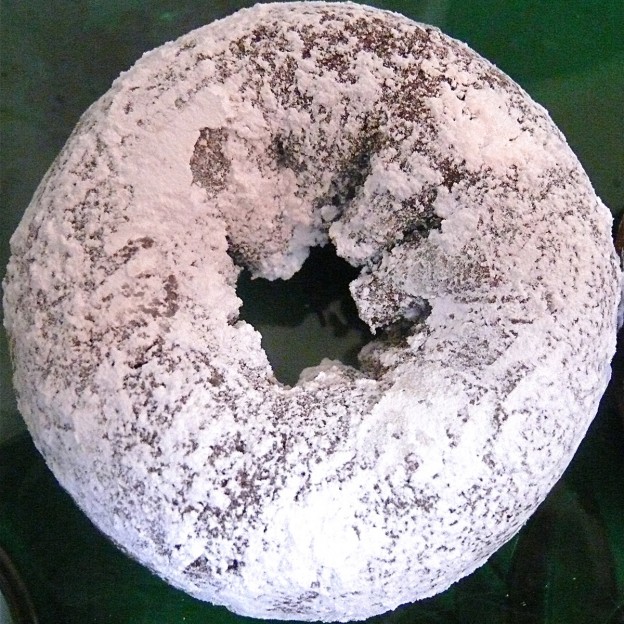
Photo: .Larry Page/Flickr
There is, perhaps, no more controversial food on the political horizon right now than sugar. Think: rising obesity rates; the prospect of front-of-package labeling; the impact here in Boston of banning sugar-sweetened drinks from school properties. Think of our constant love-affair with sweets. As individuals, as a nation, how could we do without them?
Pardon the pun, but here’s your chance to weigh in. BackStory Radio, a new public radio program broadcast out of Charlottesville, VA, is pulling together a show on the history of sugar and sweetness in America. With three renowned historians from U.Va and U.Richmond as hosts (a.k.a., “the History Guys”), BackStory is looking for callers with questions, conundrums or personal stories related to sugar or sugar substitutes as they discuss these fundamental questions about American history:
From the triangle trade to labor struggles in Hawaii to the rise of high-fructose corn syrup, sweetness in America has always been politically charged. Why has sugar been so intimately linked to power over the centuries? How has our national sweet tooth shaped our political and economic priorities?
Maybe you remember rationing during WWII, or have an unusual family recipe for sweets that sparks an idea. Are you concerned about sodas in school, or do you try every new sweetener that comes your way? BackStory Radio is eager for any questions, thoughts or stories you might share — environmental, social, political, economic, international, you name it.
Leave a comment at the BackStory site. They’d love to hear from you!

I wanted to make sure an important source of sugar was covered – maple trees. Before there was maple syrup, the sap from maple trees was boiled down to sugar for ease in storage. Colonial farmers from Massachusetts often traded to get sugar maple saplings to plant on their farm and that would be the first crop that the farmers would have before planting started. I volunteer at a wildlife sanctuary that demonstrates sugaring from Native American, through colonial, and through modern small-scale production. One of the reasons why I look forward to this program every year is that sugaring stimulates all five senses: you see the steam billowing out of the sugar shack; you hear the cadence of the drips into the metal buckets; you smell the sweet maple-sugar in the steam as it envelops you while at the shed; you can taste the difference in the grades of maple syrup; and you can feel the stickiness of the syrup or the roughness of the bark of a mature tree.
I also was at a friend’s place in New York where there were century+ old maple trees that he said were used as a source of sugar through World War I. I would be interested in hearing more about that.
I think that there is enough here for an episode, alone! Good luck in the new program!
Craig – stay tuned for the show! We’re going to talk about maple sugar and abolition (believe it or not). In the 18th century, a lot of abolitionists thought that maple sugar wasn’t just tasty – it made a great ethical alternative to cane sugar produced by slaves. Thanks for your comment! – Anna, BackStory Producer